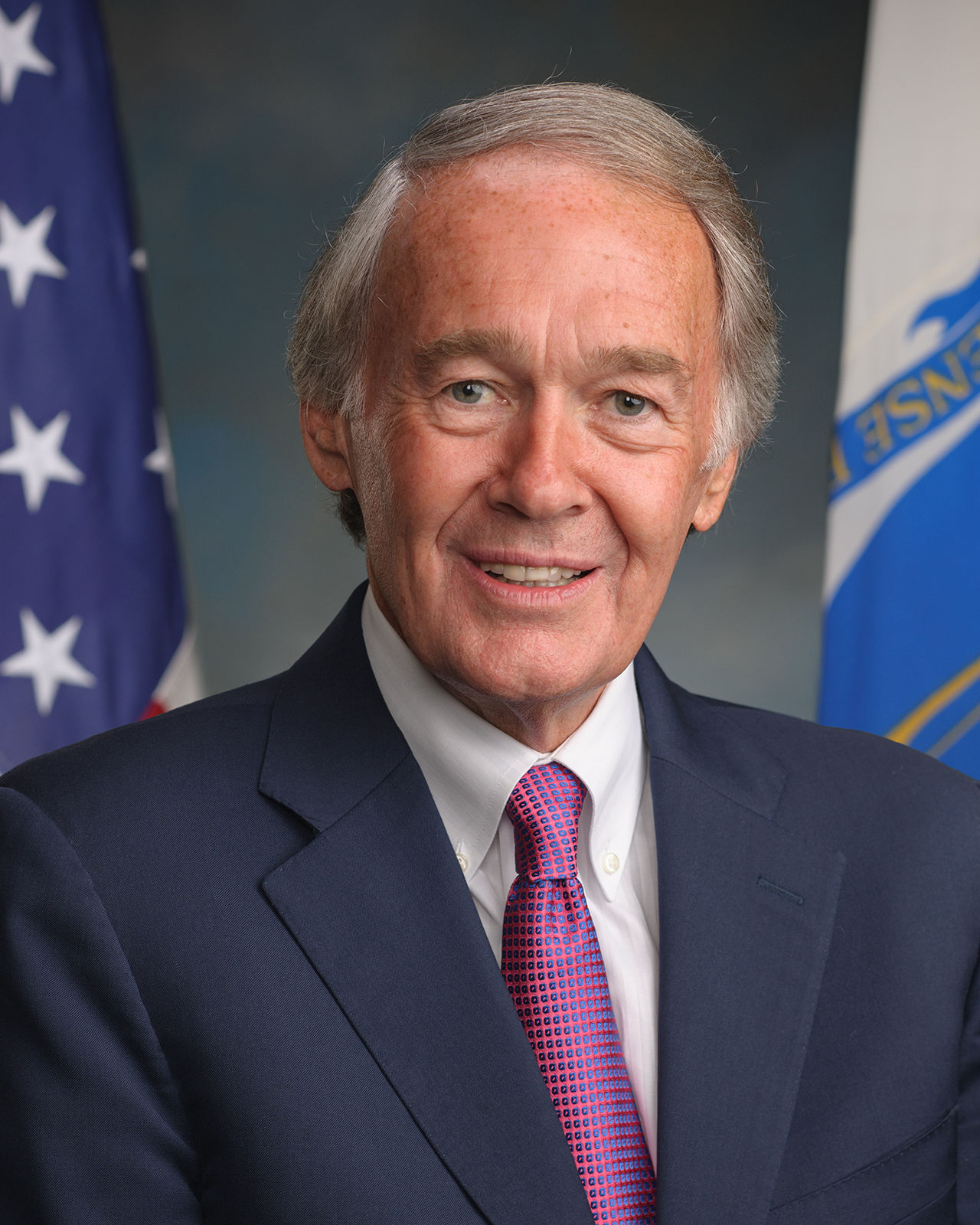Markey Warns FCC Against Giving OTT Effective Competition Status
Says granting Charter petition could lead to higher prices, unintended consequences
The smarter way to stay on top of the streaming and OTT industry. Sign up below.
You are now subscribed
Your newsletter sign-up was successful
Sen. Ed Markey (D-Mass.) has stopped just short of asking the FCC to deny Charter's request that the FCC declare that AT&T's AT&T TV Now over-the-top video service qualifies as effective competition to Charter cable systems in Massachusetts, freeing those systems from basic rate regulation.
In a letter to FCC Chairman Ajit Pai, Markey said he had serious concerns about granting the petition, including about the unintended consequences.

Pai signaled earlier this month that he planned a vote at the Oct. 25 meeting to approve the petition, which would appear to set the precedent that streaming services qualify as “effective competition” to multichannel video programming distributors sufficient to trigger basic rate deregulation.
The FCC has said the presence in a market of direct-broadcast satellite service (DirecTV or Dish Network) can trigger an effective competition finding, but this would be the first time a virtual MVPD — in this case AT&T TV Now — filled the bill.
Markey said he was worried such a decision would lead to increased prices, pointing out that rates are higher in unregulated markets and in regulated ones, and citing Charter's plans to raise its rates--cable ops argue that the rate regs have kept charges artificially low.
Markey said a price increase in the franchise areas affected--32 communities--would harm "vulnerable populations" who subscribe to cable, citing high unemployment rates in those areas higher than the state average.
Markey urged the FCC to "strongly consider" the petitions' implications for consumers and "not take any steps" that will "subject them" to higher prices or "threaten competition."
The smarter way to stay on top of the streaming and OTT industry. Sign up below.
Markey also said he was worried about setting the precedent that over-the-top video services are effective competition "without sufficient analysis of the potential unintended consequences," though he did not cite any.
Historically, cable providers have cited the ubiquity of satellite as justification for removing rate regulations. But in this test case of sorts, Charter and the smaller, independent operators represented by ACA Connects are basing that OTT competition call on the availability of AT&T TV Now, the former DirecTV Now.
To avoid a return to basic cable regulations, cable operators are looking to establish the precedent now as cord-cutting continues to cut into subscriber counts for traditional competitors and as over-the-top becomes the video delivery system of choice for former satellite customers.
Cable companies fear that if the subscriber counts for DirecTV or Dish Network go south, local franchise authorities could cite that as a reason they were no longer subject to effective competition and reinstate basic rate regulations.
A finding of effective competition lifts basic-cable price regulation, which has now been eliminated in all but that handful of systems. Cable operators deemed subject to effective competition also do not have to provide broadcast TV signals on the basic tier.
“Adopting this order would be a major step toward the commission recognizing the realities of the modern video marketplace, and the increasingly important role that streaming services are playing in it,” Pai said in announcing the planned vote.
The FCC has yet to rule on whether OTT video providers should be defined as MVPDs for the purposes of program access and carriage regs.
The Charter ruling could rekindle that debate given that the cable industry has made it clear that broadband video is the future of the business and also given that the current definition of the effective competition trigger is “at least two unaffiliated [MVPDs], each of which offers comparable video programming to at least 50% of the households in the franchise area.”
The FCC’s Charter order says OTT fits all of the definitions of competitive video provider for purposes of the effective competition trigger — comparable services, offered direct to home. The item says a provider does not have to have its own facilities to be a comparable video service.
Pai has said the FCC should not redefine OTT providers as MVPDs subject to FCC program-access regulations. But that was back in 2015.
His predecessor, FCC chairman Tom Wheeler, proposed redefining linear over-the-top providers (with day-and-date channel lineups similar to those of traditional cable and satellite) as MVPDs, but got pushback from some OTT providers. as well as from cable operators.
Wheeler was looking to give OTT providers FCC-enforced access to vertically integrated programming and thus foster video competitors to cable, something that has happened anyway thanks to Netflix, Hulu and others' willingness to invest in their own exclusive programming.
Contributing editor John Eggerton has been an editor and/or writer on media regulation, legislation and policy for over four decades, including covering the FCC, FTC, Congress, the major media trade associations, and the federal courts. In addition to Multichannel News and Broadcasting + Cable, his work has appeared in Radio World, TV Technology, TV Fax, This Week in Consumer Electronics, Variety and the Encyclopedia Britannica.

